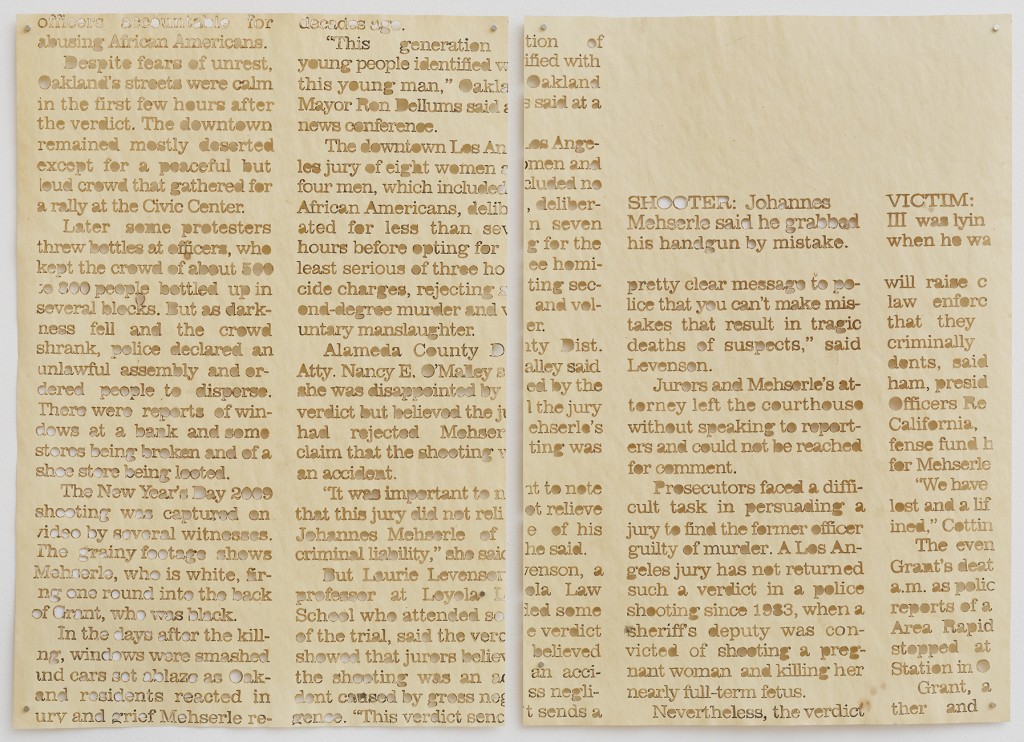It could be by my own unconscious design, but I am incredibly isolated from all of the people, places, things, and ideas that I think of as being relevant to me (well, except for the moods and needs of the people around me, the sea, the atmosphere of this place, and the celestial rotations – that, by themselves, aren’t enough to build a life; I know that now).
Regardless, when we do talk about community, I think we think only about proximity and not the constant, conscious negotiation of our relationships with one another – and not just negotiations to neutralize conflict, either.
I think of myself as Black – and not just because that’s how the world thinks of me; my Blackness is a cultural inheritance, an in-group experience. Yet, paradoxically, because the world treats me like I’m Black, my connection to African culture is reinforced – that culture is how I respond not only to my community, but to outsiders as well: my approach to nature, to people, to learning, to loving, to community, has an underlying voice that says, “this is what WE do: WE don’t exploit, WE don’t oppress. If WE do those things, either WE have taken a wrong turn somewhere and forgotten OURSELVES, or WE have been left no other choice…”
I don’t know much in the way of specifics about the roots of my ties to nature, my acceptance of people, my approach to learning, the elasticity of my love, my sense of community. For me, these things are never about ownership or dominance or mastery, they’re never about control – or, if they are, then I’ve taken a wrong turn somewhere, forgotten myself, or I’ve been left no other choice.
Yet, I have a sense that, with each generation, our connection to those roots weaken if they’re not actively tended. First, my family tended my roots. Then they were tended at Howard and in DC. Now, they’re tended in my every interaction with my students.
Each February, I pay closer attention to where Blackness is in my life, how it’s moving, what it’s saying.
In 2014, in the middle of writing my Thesis, I posted something by a Black American artist or writer on my website every day that February. At first, I didn’t think I could come up with 28 different individuals, but I found way more than 28 and I was heartened. However, I had to search to gather artists and writers and their work.
Last year, I watched what others around me did, and I realized that any project of the quality I needed, I’d have to do myself.
This year, I decided to focus on living Black American artists and writers and how they approach the work of making art and writing. I selected artists and writers whose work is connected formally, conceptually, or emotionally to my own. Again, I’ve found way more than 28 such people. The only people I repeated were Glenn Ligon and Patricia Hill Collins… I can’t explain why, though.
Anyway, the whole thing has shaped up to be a pretty amazing compendium that I think any Black artist or writer might find helpful if they’re looking for the types of models Alice Walker thinks are necessary for artists to grow.


